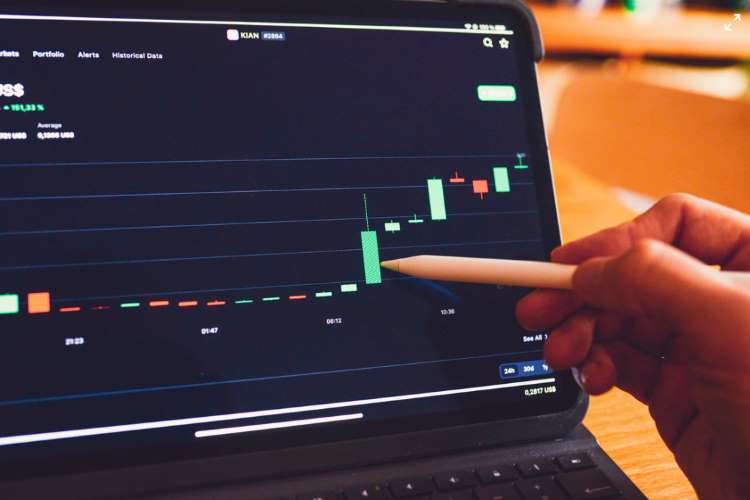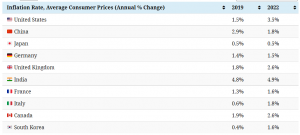
The Reserve Bank of India delayed interest rate hikes, at least by three months, before holding an ‘off-cycle’ meeting of the monetary policy committee for the purpose. The MPC raised the policy repo rate by 40 basis points to 4.40%. It also raised the cash reserve ratio by 50 basis points to 4.50% to suck out Rs 83,711.55 crore excess liquidity from the banking system. By raising the repo rate, the MPC may have entered a course of proactive policy normalisation.
The news of an imminent rate hike by the US Federal Reserve may have prompted the emergency meeting of the MPC. The FED on Wednesday raised its benchmark rate by 50 basis points in the sharpest hike in more than 20 years. The central banks of developed economies are steadily withdrawing the fiscal stimulus announced to tide over the economic crisis triggered by the Covid-19 pandemic after inflation soared to 40-year high levels.
The central banks have hastened their monetary tightening plans after Russia invaded Ukraine in February, triggering a rise in the prices of crude oil, steel, fertilisers and food items. The disruptions caused by the Ukraine crisis was accentuated by shutdown measures by China in the wake of fresh waves of Covid-19 in several provinces.
READ I Timely action on inflation needed to avert hard landing
Interest rate hike: Too little, too late?
India stayed in denial, saying that the inflation was triggered by a supply shock and rate hikes cannot bring it down. The RBI maintained that it was necessary to keep the rates low to keep the growth momentum going. As a result, the country’s foreign exchange reserves shrank by $32 billion in the last four months as RBI had to sell dollars to keep the rupee steady. The RBI has been selling dollars for more than a year now. The period also saw a net outflow of $18.6 billion in portfolio investment.

The RBI may have to revise its inflation trajectory for the year from 5.7% at least by a percentage point and raise rates aggressively. Interest rates have been rising in the US and other advanced economies. This will cause stress on the public finances and could lead to a crisis situation. The appreciation of the dollar will inflate the value of dollar debt held by the government and corporates.
The twin-engine inflation, powered by the stimulus measures and the supply shock, is comparable to the situation witnessed in 2007-2008. For emerging markets, failing to tighten monetary policy could mean an erosion of their hard-earned credibility. Several central banks including the Reserve Bank of India have fallen behind the curve on inflation and may be forced to tighten abruptly. The RBI needs to perform a tight-rope walk to avert a hard landing.
